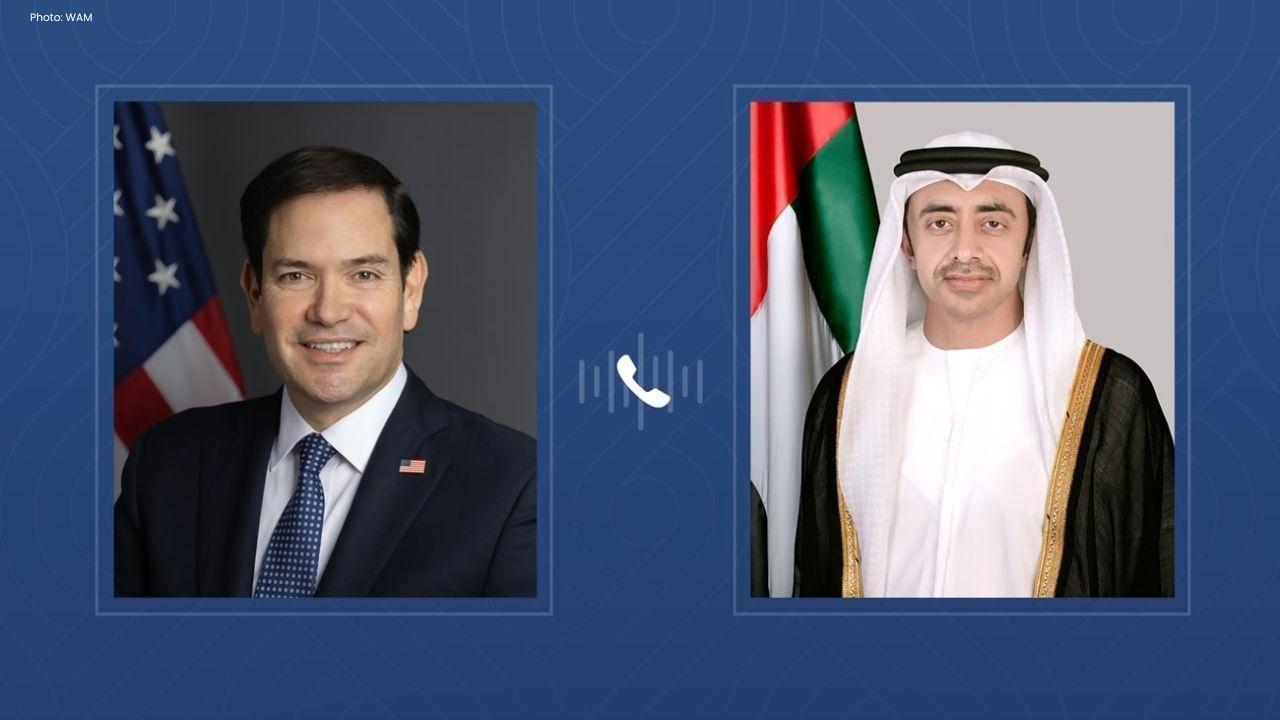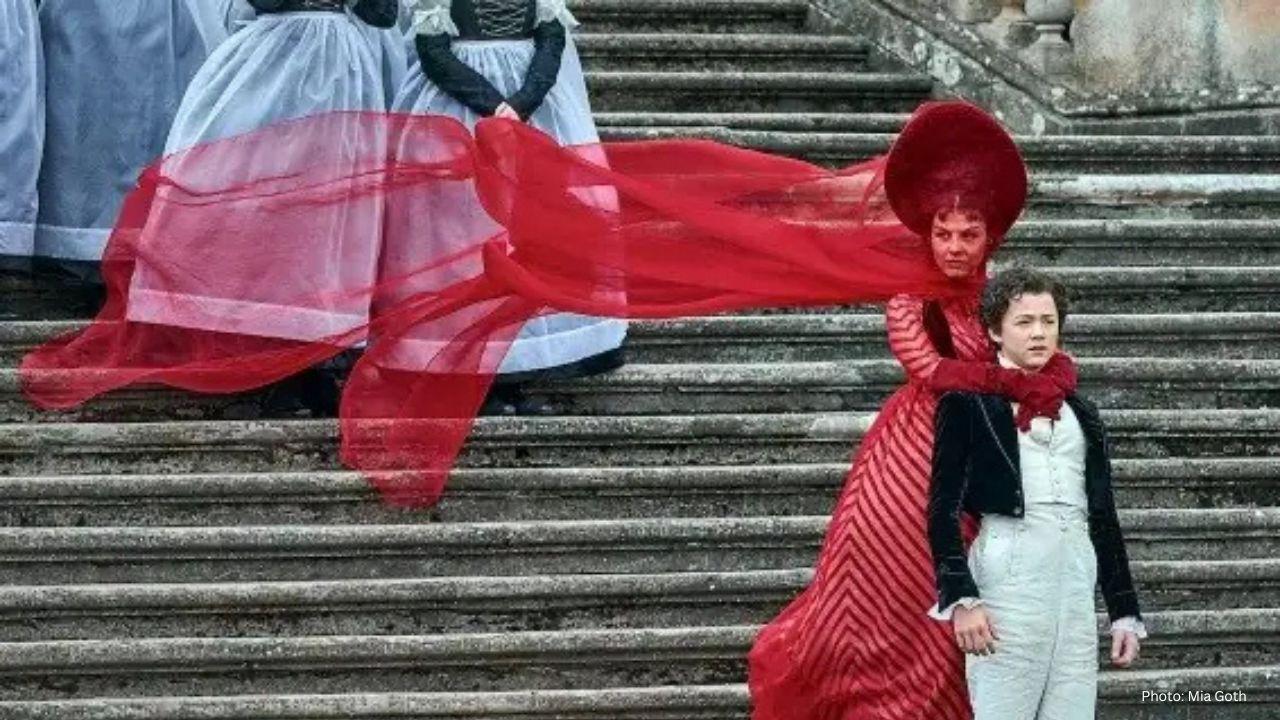
Post by : Anees Nasser
Photo: Reuters
When Qatar announced its intent to bid for the 2036 Olympic Games, the global sports community turned its attention to the Middle East with renewed curiosity. For a nation that recently stunned the world with the FIFA World Cup in 2022, this new ambition signals a continued drive to position itself as a global sports hub. Hosting the Olympics is more than just organizing an event; it represents national pride, economic strategy, and soft power diplomacy. For Qatar, this move could redefine the sporting future of the entire Middle East region.
Qatar’s successful hosting of the FIFA World Cup in 2022 served as a blueprint for what the nation could achieve on a grand scale. The tournament was historic—it brought the world to Doha, showcased cutting-edge infrastructure, and highlighted the nation’s ability to manage logistics, tourism, and cultural exchange seamlessly. The experience of hosting football’s greatest event not only boosted Qatar’s confidence but also proved that Middle Eastern countries can deliver world-class sporting spectacles despite geographic and climatic challenges. Building on this momentum, the bid for the 2036 Olympics seems like a natural progression.
The decision to host the Olympics is rooted in strategic objectives that go beyond sports. First, it is an opportunity for Qatar to amplify its international image as a progressive, modern, and globally integrated nation. Secondly, such an event would attract massive foreign investment, accelerate infrastructure projects, and boost tourism for decades to come. With the region striving to diversify its economy away from oil and gas dependency, mega sporting events serve as a crucial catalyst for sustainable growth in hospitality, transportation, and service industries. Furthermore, the bid strengthens Qatar’s soft power influence, giving it a stronger voice in international diplomacy and global decision-making platforms.
The financial implications of hosting the Olympics are staggering. While the costs can be enormous—ranging from $15 billion to $30 billion depending on the scale—Qatar views it as an investment rather than an expense. The World Cup already demonstrated how well-designed infrastructure can transform urban landscapes and generate long-term economic benefits. The Olympics would accelerate this trend, stimulating real estate development, retail expansion, and job creation across multiple sectors. Moreover, the influx of millions of tourists would bring substantial revenue to airlines, hotels, and local businesses, making the event an economic powerhouse for the region.
One of Qatar’s strongest advantages is its existing infrastructure. The World Cup left behind a legacy of ultra-modern stadiums, a world-class metro system, luxury accommodations, and advanced transport networks. However, the Olympics demands more than football arenas. Facilities for athletics, swimming, gymnastics, and cycling will need to be developed or upgraded. Additionally, an Olympic Village capable of hosting thousands of athletes and officials will be essential. Qatar’s government is likely to integrate these projects into its long-term urban development plans, ensuring they serve communities beyond the event itself. Sustainability will also be a central theme, as global scrutiny on environmental practices has intensified for major sporting events.
A major challenge for Qatar will be its climate. With extreme summer temperatures, hosting the Olympics during traditional months would be impractical. Just as the World Cup was held in winter, the Games might also be scheduled for cooler months, possibly October or November. Alternatively, Qatar could pioneer technological solutions like climate-controlled venues and energy-efficient cooling systems, positioning itself as an innovator in sustainable event management. This technological approach could set a precedent for future global events in regions with challenging weather conditions.
The bid for the 2036 Olympics is not just about Qatar; it is a symbolic step for the entire Middle East. The region has long aspired to host globally significant events, and Qatar’s bold initiatives could inspire neighboring countries to pursue similar goals. The Games would also provide an opportunity to showcase Arab culture, heritage, and hospitality on the world stage, countering stereotypes and promoting mutual understanding among diverse cultures. From art exhibitions to culinary showcases, the cultural impact of the Olympics could extend far beyond sports.
Despite the optimism, Qatar will face its share of challenges. Human rights concerns, which surfaced during the World Cup, could reemerge during the Olympic preparations. Labor rights, gender equality, and inclusivity are issues that global watchdogs will closely monitor. Addressing these concerns transparently will be crucial to winning international trust. Financial sustainability is another challenge. Many past Olympic hosts have struggled with post-event debt and underutilized facilities. Qatar must ensure that investments align with long-term economic and social goals rather than short-term prestige.
If Qatar succeeds in securing the 2036 Olympics, the ripple effects will be felt across the Middle East. It could mark a turning point in the region’s approach to sports, tourism, and international diplomacy. Neighboring countries may increase collaboration on training programs, sports science, and joint events, creating a regional sports ecosystem that nurtures talent and promotes healthy lifestyles. More importantly, such a development could change global perceptions of the Middle East—from a region known primarily for energy exports to one recognized for innovation, inclusivity, and world-class sporting excellence.
The journey to hosting the 2036 Olympics will be long and competitive, as other nations, including India, Germany, and South Korea, are expected to bid as well. The International Olympic Committee (IOC) will weigh factors such as infrastructure readiness, sustainability plans, and global partnerships before making a decision. For Qatar, the next decade will be critical in demonstrating not only capability but also commitment to social progress and inclusivity. If successful, the 2036 Olympics could become a defining chapter in the nation’s history—cementing its legacy as a global sports leader and shaping the Middle East’s future on the world stage.
The information presented in this article is intended for general informational purposes only. While every effort has been made to ensure accuracy and reliability, the content may not reflect the latest updates or developments at the time of reading. Readers are advised to verify details independently before making any decisions based on the information provided. Middle East Bulletin bears no responsibility for any consequences arising from the use of this content.










Curry Powers Warriors to Nail-Biting 109-108 Victory Against Spurs
Stephen Curry's 49 points propel the Warriors to a dramatic 109-108 NBA Cup triumph over the Spurs,

India Advances to Semi-Finals After Thrashing USA in Women’s Blind T20 World Cup
India secured a dominant ten-wicket victory over the USA, advancing to the semi-finals in the Women’

South Africa's Early Advantage as India Struggles on Day Two
On Day Two, India reached 138-4 as South Africa took three early wickets, complicating matters with

Kenta Nishimoto Defeats Lakshya Sen in Japan Masters Semifinal
Lakshya Sen's journey in the Japan Masters ends after losing to Kenta Nishimoto 19-21, 21-14, 12-21

Kenta Nishimoto Defeats Lakshya Sen in Japan Masters Semifinals
Lakshya Sen's run at the Japan Masters concludes with a loss to Kenta Nishimoto in the semifinals, 1

Major IPL Trade: Jadeja Joins Royals as CSK Signs Samson
In a significant IPL trade, CSK has acquired Sanju Samson from Rajasthan Royals in exchange for Ravi